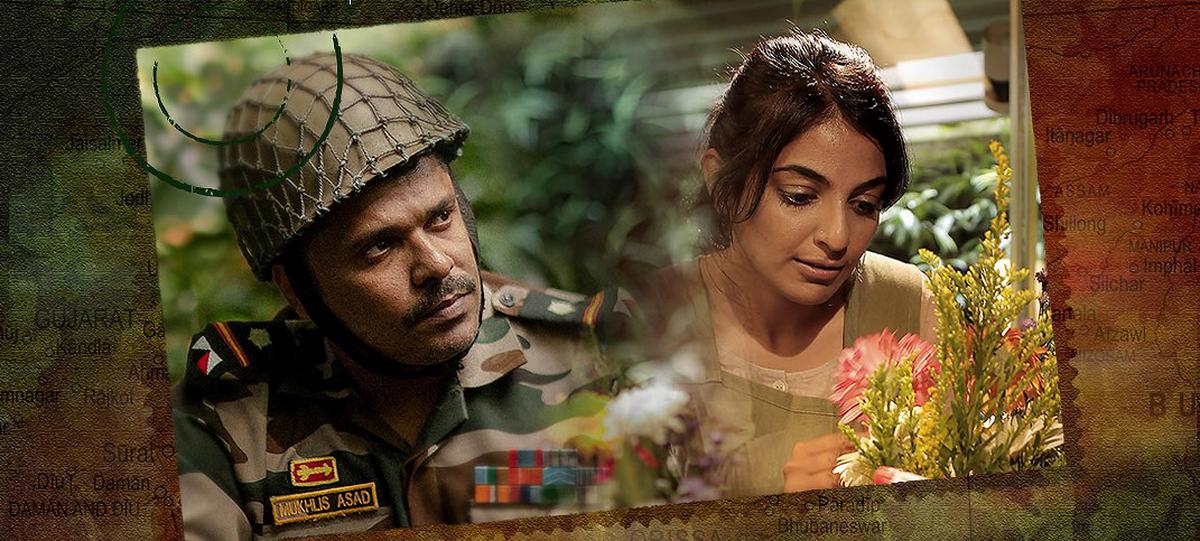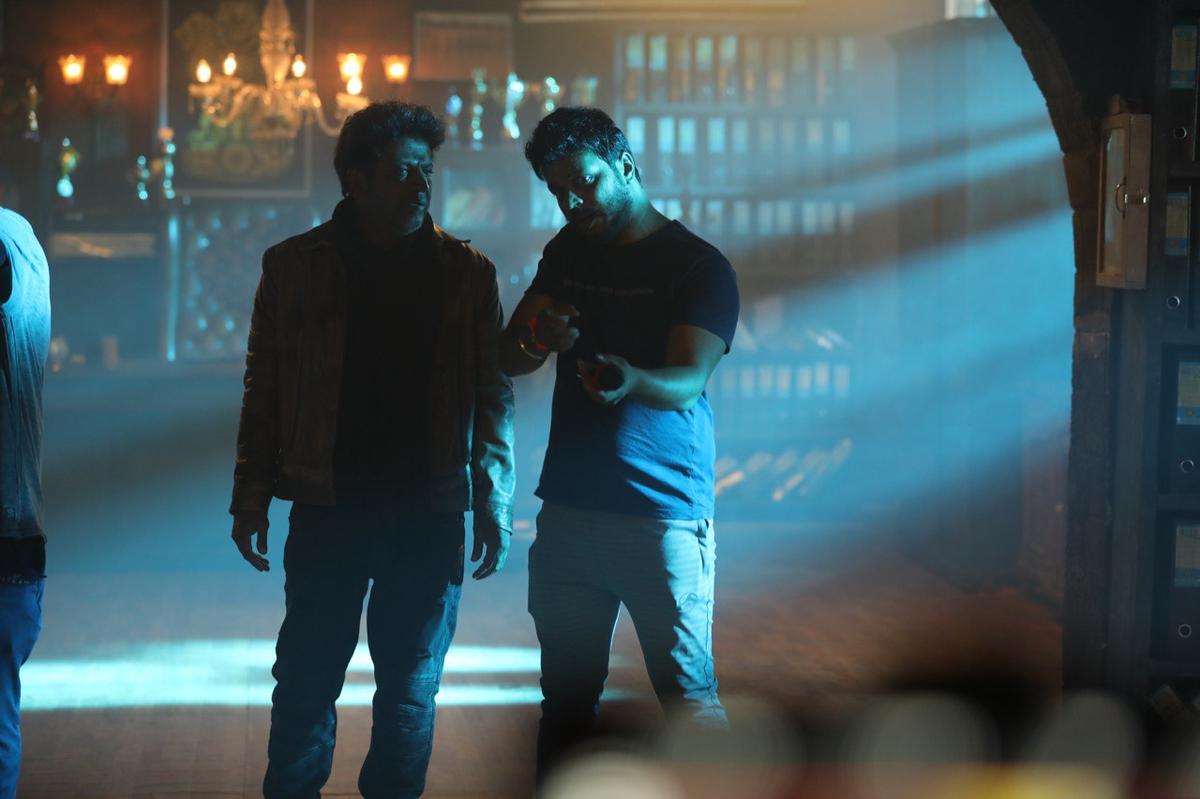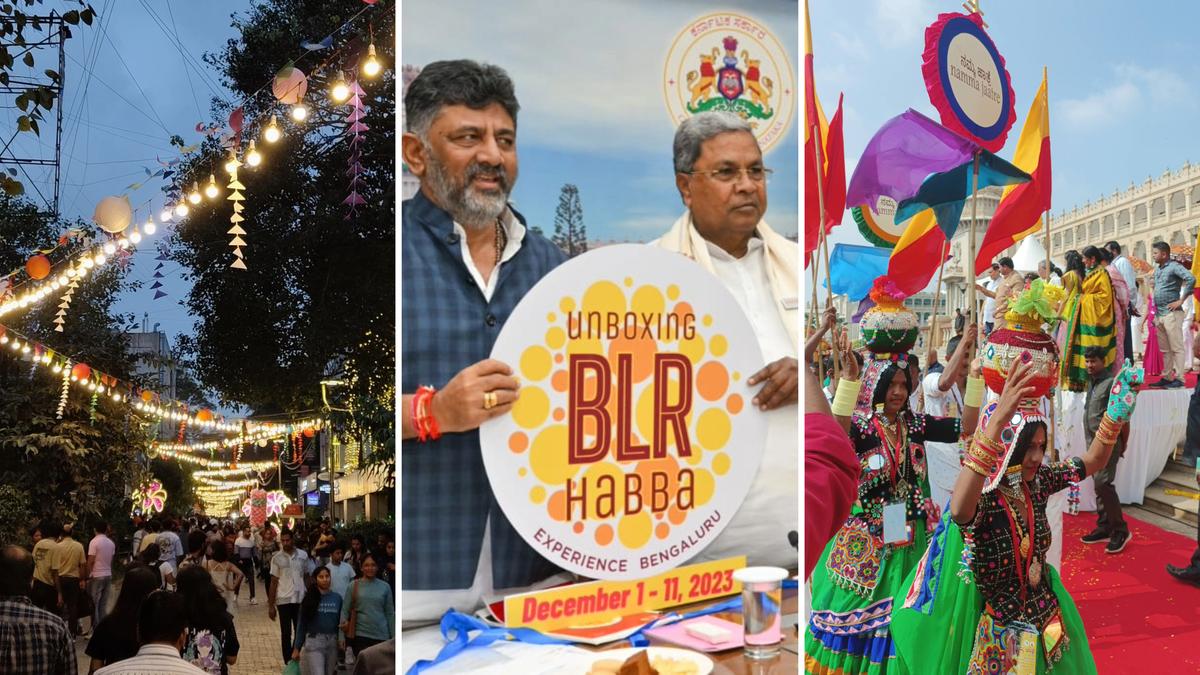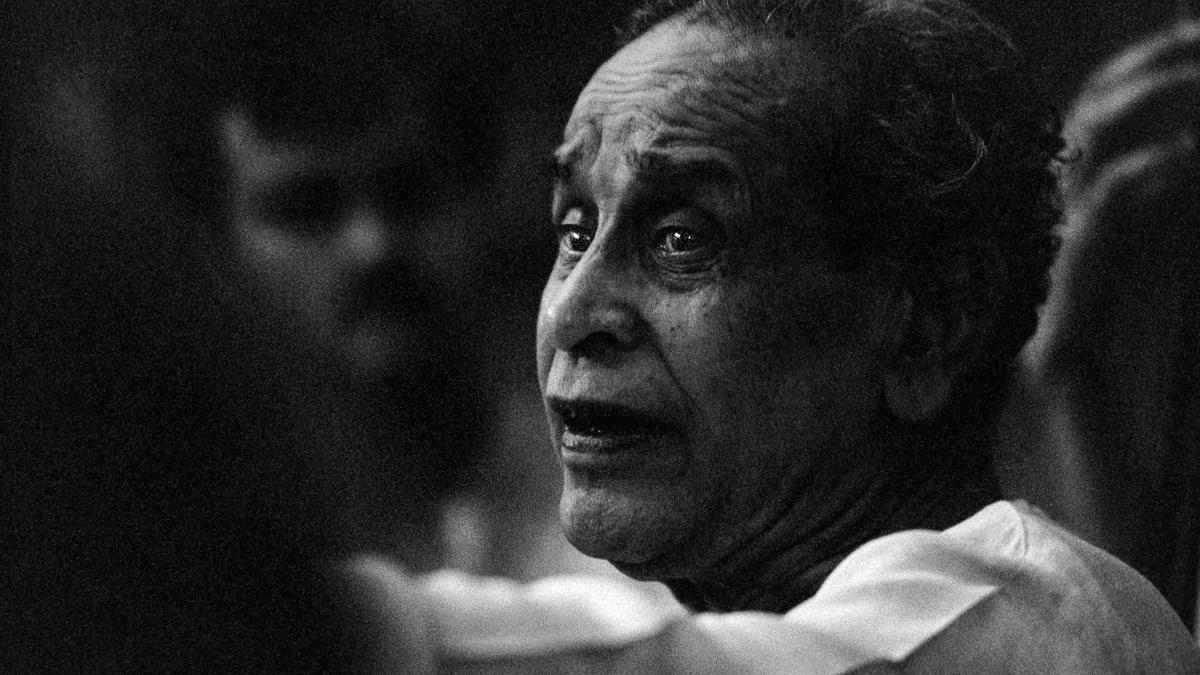The Hindustani vocalist performed in Bengaluru as part of Pancham Nishad’s ‘Pratah Swar’ series
The Hindustani vocalist performed in Bengaluru as part of Pancham Nishad’s ‘Pratah Swar’ series
One of the most fascinating and unique aspects of Hindustani classical music is the allotment of definite time of the day/night and seasons for rendition of specific raags. Musicians usually do not render a raag out of its temporal context. I remember a late evening concert by sarangi maestro Ustad Sultan Khan. Someone in the audience requested him to play a morning melody but Khansaab amiably declined saying that it would be sacrilegious to break the ‘prahar’ protocol.
A day is divided into eight ‘prahars or quartets, each lasting three hours. The ‘Dinegeya’ or ‘Suryamsa’ raags are rendered during the day and the ‘Nishakaaleen’ raags in the night. There are also raags of the twilight known as ‘sandhi prakash’. Since most concerts are held in the evening, connoisseurs rarely get an opportunity to listen to raags of the morning prahar like Miyan ki Todi, Lalit, Bhairav, Ahir Bhairav, Ramkali, Jaunpuri, Bhatiyar, Shivmat Bhairav, Bilaskhani Todi etc. The artistes are also left without the option of exploring these melodies.
In order to showcase the glory and splendour of the morning raags, ‘Pratah Swar’ concerts, conceptualised and organised by Pancham Nishad, was recently launched in Bengaluru. The series is a well-known event in Mumbai, where it is being held for over two decades.
Making her gurus proud
The second concert of ‘Pratah Swar’ was held at Chowdiah Memorial Hall in Bengaluru and had Arati Ankalikar Tikekar performing. A well-known disciple of vidushi Kishori Amonkar, Arati began her training under Pt. Vasantrao Kulkarni and Pt. Dinkar Kaikani. Her recital was noteworthy for an impeccable presentation of the rarely heard complex raag Salag Varali Todi and another aprachalit (uncommon) jod or mishr raag, Bhairav-Bhatiyar.
Commencing with the bandish, ‘Aaj badaayi baaje Nandmahal me sakhi’ set to Vilambit Ektal in Salag Varali Todi, Arati took her audience through a meandering journey. She traversed the expanse of this sombre melody with precision and meticulously crafted alaap, bol aalap and bol taan sequences in an unhurried manner. She built up the prayerful mood of invocation with a beautiful bandish in Drut Teen taal of 16 beats, ‘Sumir saheb sultan alaman, Nizamuddin Auliya mana, kar yaad naam parvardigar’. She embellished it with a cascade of taans to the stately accompaniment of Pt. Ravindra Yawagal on the tabla.
Arati’s selection of a jod raag Bhairav-Bhatiyar was intended as a tribute to Pt. C.R. Vyas, as she took up a composition of his guru, the legendary Pt. Jagannath Bua Purohit of Agra gharana, ‘O karma karo mope saayi’. The Drut Teental bandish, again a Pt. Jagannath Bua composition, bearing his pseudonym ‘Gunidas’: ‘E ali ri mori, kachu na suhaave’ was rendered with fervour and lyrical intensity.
Pt. Vyasmurthy Katti on the Samvadini made an unobtrusive albeit a mesmerising impact while negotiating the melodic phrases. The jhoola in Manj Kamaj ‘Avo sab sakhiyan jhoola jhulavo’ provided the much-needed interlude after the two raags.
Rich in shringara rasa
Arati’s rendition of a bandish ki thumri in raag Brindavani Sarang, ‘Roko na chail mori gagariya’, was an apt choice after the jhoola while the lilting Teental fast-paced composition, ‘Ali akhiya piya jaadu bhari’ brimmed with shringar rasa and had impressive taankari. Arati conluded with Bhairavi, showcasing her enviable repertoire of compositions in this raag by presenting a Chaitanya Kunte song in the rare taal of nine and a half beats, ‘Kahe rokat shyam dagariya’ and also the unique Tarana Numa comprising of rhythmic syllables in the first half and lyrics in the second: ‘Bhairavi prityadarshini’, composed by her guru Pt. Dinkar Kaikini.
The Bengaluru-based reviewer is a trained musician.





